
Petit rôle (uncredited)
Tsar Alexandre II meets a young student, Katia. He understands that he loves her and try to send her away but they end up seeing each other again and becomes his mistress. With the help of Katia, Alexandre prepares a liberal constitution, but these reforms make him hostile to the more privileged subjects without satirising the revolutionaries against the regime.
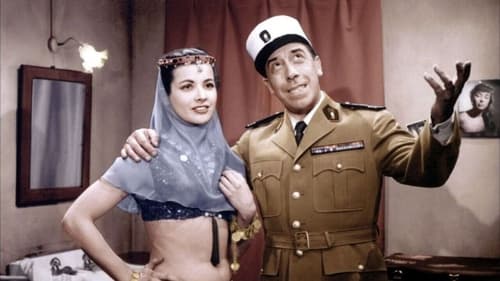
(uncredited)
Sénéchal, an actor touring the provinces with the "Tournées Carlini" does not meet the success he thinks he deserves. One night in Dreux, he finds himself without his luggage and dressed up as a Foreign Legion officer, he is invited to a party thrown by a colonel. He creates a sensation there and does not leave the colonel's wife ... indifferent! Back in Paris, Sénéchal goes through a similar experience. This time around, wearing tuxedo and top hat, he gets mistaken for a diplomat and charms the guests of a wedding party. Arrested by the police, he chooses to do without an attorney at his trial and his brilliant eloquence has him acquitted. A question remains unanswered though : will all those people who give an ovation in real life ever go to see him on stage ?

An accordionist playing in disreputable halls is mistaken for a gangster by a special envoy from the American crime syndicate in charge of investigating the French milieu. The American will prepare a hold-up with a gang of women specialized in scamming tourists. But the accordionist will make the hold-up fail and all the criminals will end up behind bars.

A Jewish passenger (uncredited)
Captain Joris Kniper believes so strongly that he is "skipper next to God" that he is used to playing God on his ship. Tough and bossy, he gives orders which are not to be discussed. But, some day, he is driven to accept on board several German Jews fleeing the nazis and who are refused asylum everywhere. He gradually realizes that skipper he is, but next to God only.The Bible will help him to find the way to self-questioning, awareness and charity.

A boudoir adventure during which the seductive Madame Jolivet, shocked by the behavior of her husband who appears with an actress, calls on the services of a young man, known as "the man of joy".
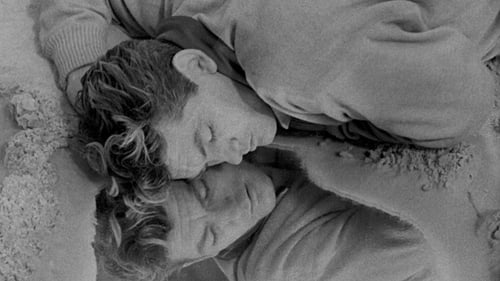
Young Man at Café des Poètes (uncredited)
At the Café des Poètes in Paris, a fight breaks out between the poet Orphée and a group of resentful upstarts. A rival poet, Cègeste, is killed, and a mysterious princess insists on taking Orpheus and the body away in her Rolls-Royce. Orphée soon finds himself in the underworld, where the Princess announces that she is, in fact, Death. Orpheus escapes in the car back to the land of the living, only to become obsessed with the car radio.

A gangster, thief of atomic formulas, has a double in the person of a naive musician. A music hall artist who makes eyes at the musician is deceived by the gangster who also takes advantage of the resemblance to track down a band of thugs who are chasing him. Virtue is ultimately rewarded.
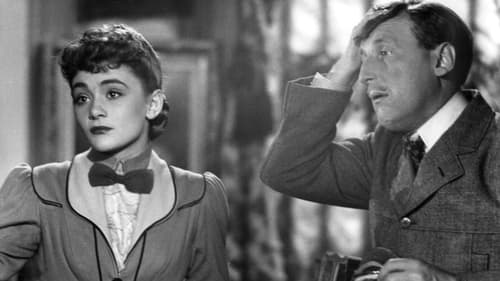
(uncredited)
A provincial ingenue leaves her mother’s tobacco shop with dreams of a life in the Parisian theater, only to become entangled in relationships with a lecherous aristocrat, his starry-eyed nephew, and an old ham actor.

(uncredited)
On the morning of January 30, 1889, the Archduke Rodolphe de Habsbourg and his mistress Marie Vetsera were found dead. The remains of Rodolphe are discreetly repatriated to Hofburg, while that of Mary is hastily thrown into the depths of a tomb.
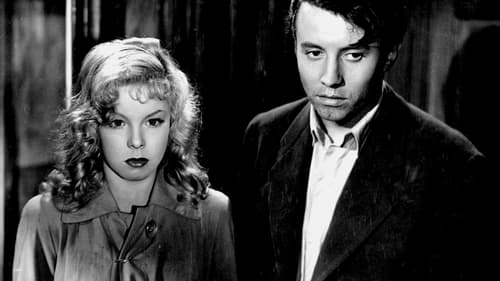
(uncredited)
Port of Marseille, France, recently liberated from the German yoke. Caught as stowaways aboard a ship, Manon, a young woman who was accused of collaborating with the Nazis, and Robert, a freedom fighter who saved her from reprisals, tell the captain about the many challenges they have had to face in order to survive.

The story of the Swiss soldier, Henri Dunant, who was responsible for the founding of the Red Cross, and who was offered the first Nobel Peace Prize.
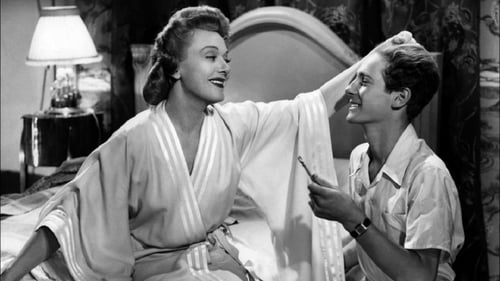
Political intrigue and psychological drama run parallel. The queen is in seclusion, veiling her face for the ten years since her husband's assassination, longing to join him in death. Stanislas, a poet whose pen name is Azrael, is a suicidal anarchist, his imagination haunted into hate by longing for this queen who's drawn apart. He enters her private quarters intent on killing her then himself, but they fall in love, in part because he looks like the king. Stanislas wants her to regain political power by appearing to the public, and she tries to convince him to find hope and escape. All the while, the queen's enemies plot to keep the lovers together but to thwart their plans.











